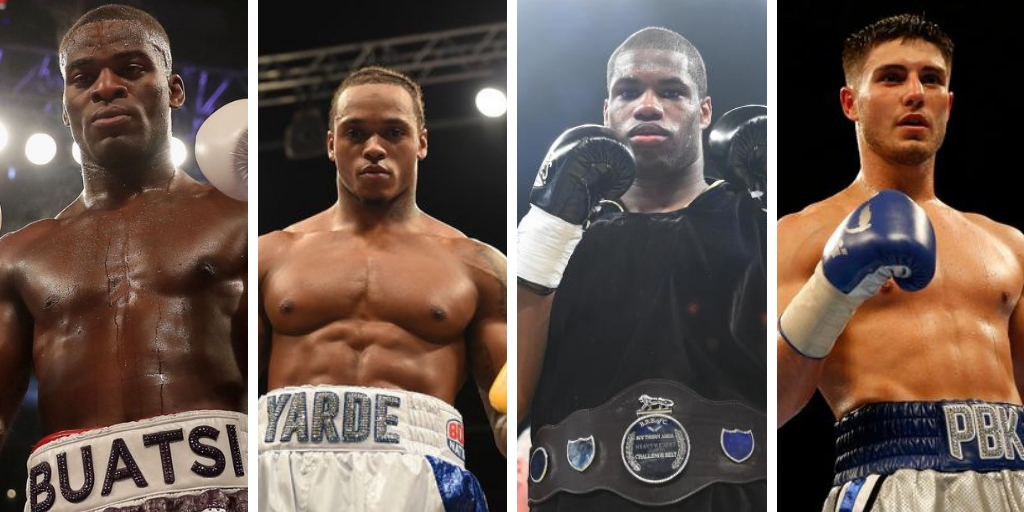Anish Parekh calls for a new wave of British boxing contenders
It is unquestionable that British boxing has been booming, thanks largely to a generation of boxers that have achieved tremendous success on the world stage. The likes of Amir Khan; Kell Brook; Tony Bellew; David Haye; Carl Frampton; James DeGale and George Groves made good of their early promise by developing their skills and winning numerous world titles between them. They connected with the public and grew their fanbases, which allowed them to become pay-per-view attractions that performed in front of adoring fans in packed out arenas and stadiums. With this, Britain became the envy of the boxing world.
However, last year saw both Haye and Bellew make their final stands before hanging up their gloves. The likes of Khan, Brook, Frampton and Groves, no longer own world titles and having all been in numerous wars, it would be fair to say that whilst not quite done with boxing just yet – they are past their prime.
As that generation of popular former champions enter the twilight stage of their careers, it is now imperative for the new wave of boxing talent to begin to make an impact, in order for the sport to continue to thrive on these shores. To reinforce the point, at the end of 2016, Britain boasted thirteen world titleholders but today, in 2019, it is home to just five world champions. Britain is in need of new stars.
When it comes to talent, there is no shortage. Amongst others, Joshua Buatsi, Anthony Yarde, Daniel Dubois, Josh Kelly, Joe Cordina and Anthony Fowler have made themselves known to hardcore boxing followers by demonstrating their exciting potential. Yet, their performances against limited opposition have served to highlight their abilities, but less so to expand upon them.
In fairness there have been rumours circulating of potentially interesting matchups. The exciting duo of Buatsi and Yarde who could combine to provide fireworks and be a step in the right direction for both highly-touted talents.
Developing a prospect into a contender is undoubtedly tricky. It’s as precarious as walking on a tight-rope, but even if a prospect was to fall off the proverbial rope, it doesn’t automatically signal the death of their career. Take Amir Khan and David Haye for example, who were both humbled early in their careers by Breidis Prescott and Carl Thompson, respectively. They learned valuable lessons from their defeats, became better fighters and went on to enjoy glittering careers.
Engaging in sterner tests and overcoming the challenges, provide confirmation of a prospects fortitude – as well as their aptitude – in a way that an easy, one round knockout victory can’t do. It builds belief in their ability and prepares them for tougher battles that lie ahead.
Prospects will always have their share of sceptics. However, the longer a prospect continues without a testing fight, the larger the legion of non-believers will grow. Fans want to see substance behind a promoters hype. Once a prospect proves their quality, these sceptics make a remarkably sudden transformation to become supporters. When a fighter graduates from prospect into contender, then contender to champion, it enables promoters to stage big events that grab the attention of casual fans. It leads to packed out arenas and stadiums along with large television viewing figures, all of which benefits the fans, fighters, promoters and the sport overall.
It is undeniable that these prospects have within them an admirable amount of courage just for choosing to step between the ropes and fight for a living. However, now is the time for their managers to display the same amount of bravery with their match-making. They must take calculated risks so that these prodigious talents can eventually blossom into unmissable star attractions.
In doing so the rewards could be fantastic for everyone involved – and the boom in British boxing will continue to be heard loudly around the world.

